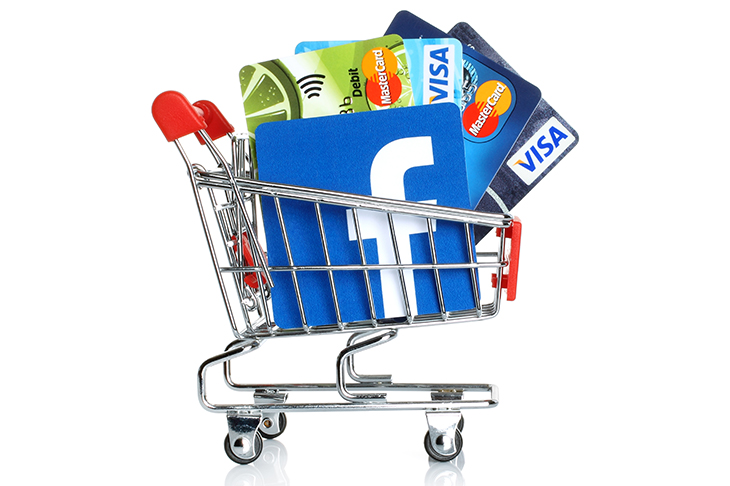The cryptocurrency winter has turned to spring: having slumped from $20,000 in late 2017 to $3,200 a year later, bitcoin has lately risen like a rocket to $8,800. Though it doesn’t change my negative opinion, I admit that if I had bought a fistful of these wacky gaming chips last October when I gave the crypto concept a kicking at our Spectator conference on the subject, I’d be up almost 40 percent. Evidently, hints from the US Federal Reserve and the European Central Bank that further bouts of ultra-low interest rates and quantitative easing may be in the offing have spurred what the FT calls ‘a rally in riskier assets’. Crypto is the new gold for those who distrust central banks and seek stores of wealth that governments can’t reach.
That last factor may also be in the mind of Facebook founder Mark Zuckerberg, who is reportedly planning a cryptocurrency for his social network’s two billion users. Unlike bitcoin and its ilk, this one would be pegged to the dollar to hold its value stable: in which case — you might well ask — what’s the point if there’s no scope for gambling? Apparently, the purpose is to create an alternative banking system that would tie users to Facebook and potentially reward them with loyalty bonuses for buying stuff or viewing ads on it. And the project is part of a trend in which all major tech companies are now exploring financial products and payment devices. Will that be good for you and me? If the apps are super-efficient and secure, and they don’t fuel an explosion of consumer debt, then maybe. But imagine if Amazon — which already behaves in so many ways like an autocratic mini-state — starts insisting we shop only in a currency of which is has total control. How sinister would that be?
New auto giant
The proposed merger of Fiat Chrysler with Renault would create the world’s third largest carmaker after Volkswagen and Toyota, and is an indication of the way the automotive industry is consolidating to share development costs for electric vehicles, just as the pharma industry keeps on consolidating to spread the cost of bringing major new drugs to market. This looks like a marriage of more-or-less-equals, in which Fiat Chrysler is more efficient in production and stronger in the US, but Renault is more advanced in research, stronger in Europe and linked to Japan via its strained partnership with Nissan. Job protection in Renault’s French plants has already been highlighted as an issue in the negotiation. And one thing we can say with certainty, I’m afraid: despite the excellence of British engineers, this new global auto giant won’t be searching for factory sites in the UK any time soon.
This article was originally published in The Spectator magazine.


















